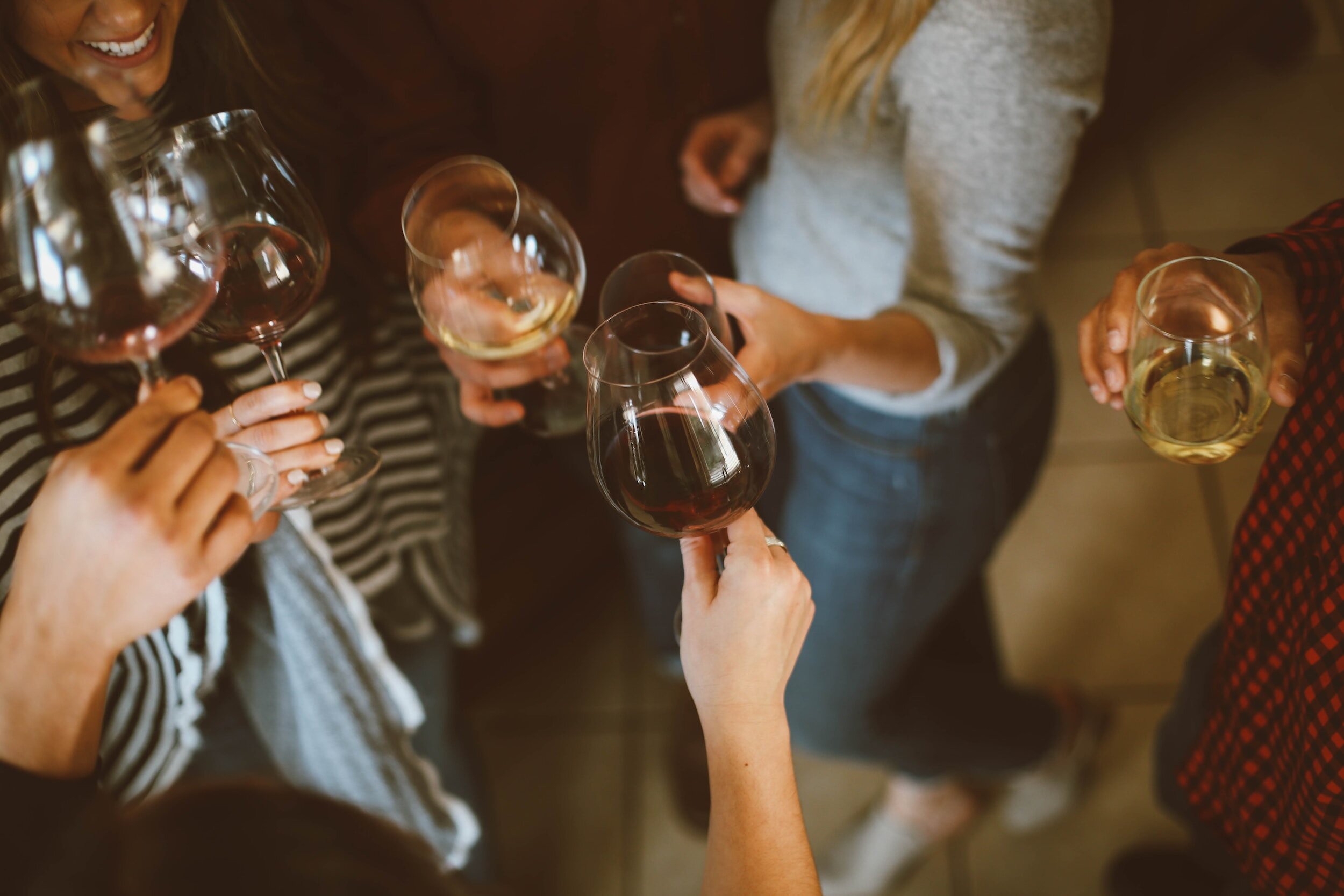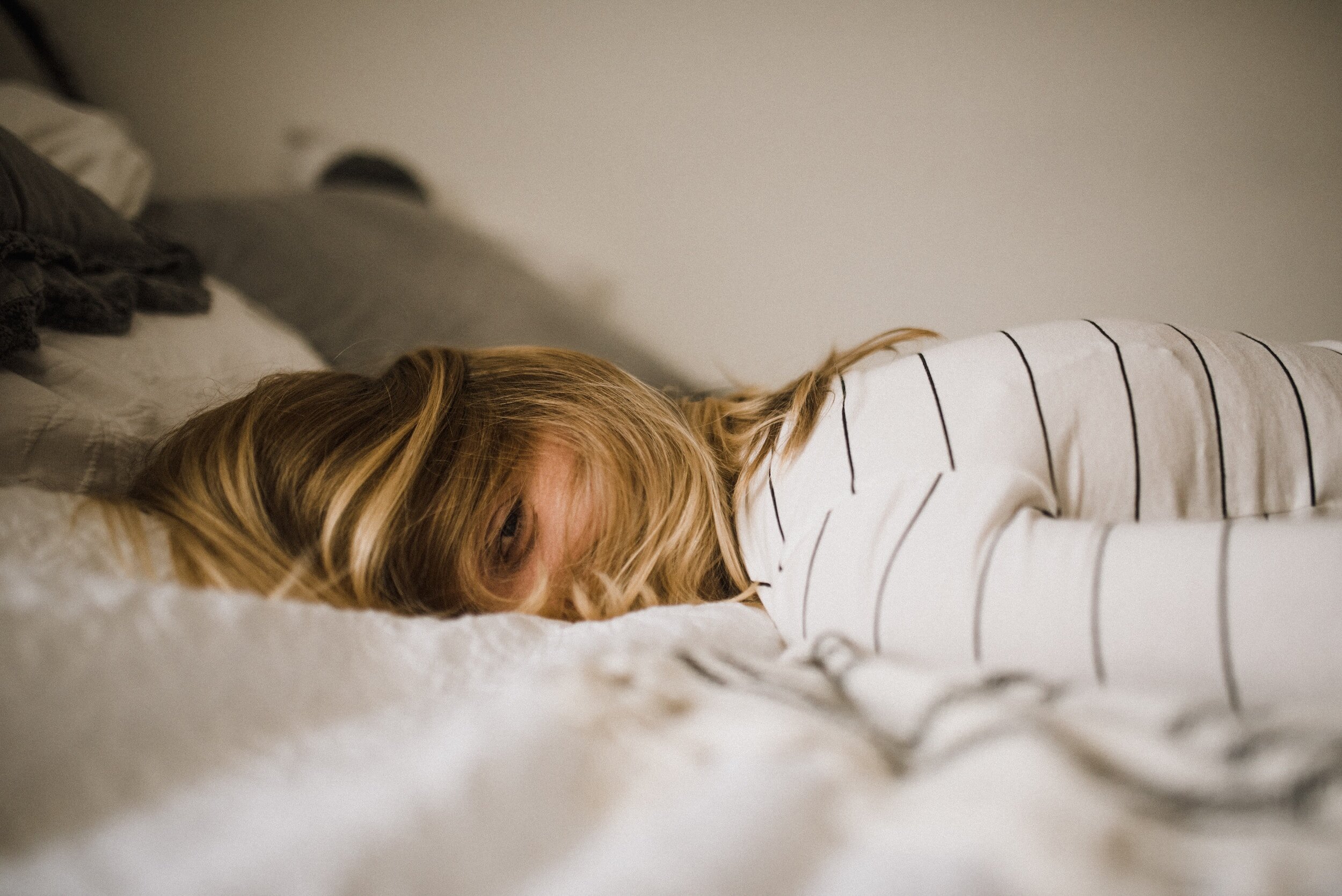How Does Alcohol Affect Your Sleep?
If you’re looking for a summary of this article, the bad news is that alcohol and good sleep don’t mix. There, we said it. But just what effect does alcohol have on your sleep and is there anything you can do about it? Here’s our quick guide.
The impact of alcohol on your sleep
Initially, alcohol can help you sleep more quickly due to its sedative properties, which is why some people mistakenly use alcohol as a sleep aid; however, the benefits stop there.
Overall, alcohol is more disruptive to your sleep, particularly in the second half of the night during the deeper stages. That’s because alcohol disrupts the normal phases of lighter and deeper sleep you go through every night.
Rather than passing through each stage of the sleep cycle normally, the alcohol interrupts your natural patterns and can cause you to wake up several times through the night. That disruption can lead to less rapid eye movement (REM) sleep, the crucial restorative stage of sleep that our bodies so desperately need.
Alcohol is also a diuretic, which increases urine output and can cause you to wake more often to pop to the toilet. It also acts as a muscle relaxant and can affect the muscles in your upper airways and disrupt normal breathing, causing you to wake up. Given all those unwelcome effects, it’s not surprising that you can wake from an eight-hour sleep after drinking and still feel absolutely shattered the next day.
How much alcohol can affect your sleep?
The more you drink before bed, the more disrupted your sleep will be. However, a 2018 study found that even a small amount of alcohol is enough to affect your sleep:
Low alcohol intake (less than two servings per day for men and fewer than one for women) reduced sleep quality by 9.3%.
Moderate alcohol intake (defined as two drinks per day for men and one for women) reduced sleep quality by 24%.
Heavy alcohol intake (more than two servings per day for men and more than one serving for women) reduced sleep quality by nearly 40%.
Active and sedentary men and women were all affected. And perhaps surprisingly, younger people’s sleeping patterns were more disrupted than those of older adults.
What sleep disorders can alcohol cause?
We all know that drinking too much can have very serious health repercussions, but it can also cause and exacerbate common sleeping disorders.
Not only is alcohol not a cure for insomnia, but it can also worsen and even cause insomnia. Although you may get to sleep more quickly, alcohol interferes with fundamental aspects of sleep quality, which is why between 35 and 70% of individuals who use alcohol also experience some degree of insomnia.
Studies have also shown that alcohol use can exacerbate the symptoms of sleep apnea and even cause the condition. Sleep apnea is a disorder characterised by abnormal breathing and the temporary loss of breath during sleep, leading to sleep disruptions and reduced sleep quality.
How can you sleep better after drinking?
The best way to avoid a disrupted night’s sleep is not to drink at all or just to have one or two drinks earlier in the evening. However, that’s not realistic for everyone. If you’re drinking into the night, here are a few things you can do to reduce sleep disruption.
Stay hydrated - with water, not alcohol. Drinking a glass of water between every alcoholic drink could help flush out the alcohol and reduce the effects.
Taper your drinking off so more alcohol is consumed earlier in the night. That will give your body more chance to metabolise the alcohol.
Drink alcohol with a meal to slow your drinking down and keep it in check.
Drink a cup of herbal tea with honey before bed to refuel your body during the night.
Are you having trouble sleeping? Schedule a free 30-minute consultation call to discuss any sleep issues you might be experiencing.


